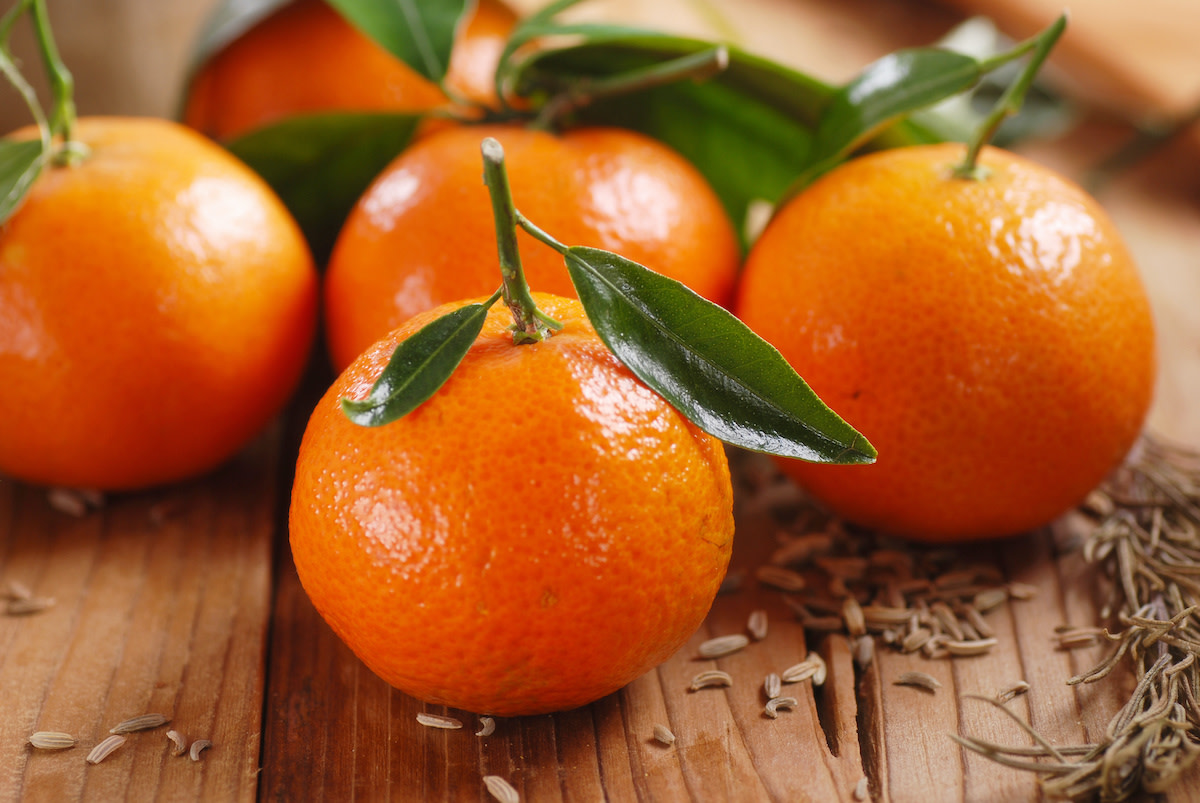Clementines: Origins and Nutrition Info for the Citrus Fruits
Written by MasterClass
Last updated: Oct 22, 2021 • 1 min read
Clementines are a small, sweet, and juicy type of citrus fruit. They look like tiny oranges, and they possess a flavor just close enough to their relatives without losing their own unique taste. Learn more about this tiny and succulent treat.
Learn From the Best
What Are Clementines?
Clementine oranges (Citrus x clementina) are citrus fruits known for their bright orange color and small size. They result from crossbreeding a type of mandarin orange (the willowleaf) with a regular sweet orange and flourish in warmer climates. They descend from the same family as citrus varieties like blood oranges, grapefruits, limes, navel oranges, pomelos, raspberries, satsumas, and tangerines.
Supermarkets and grocery stores sell fresh clementines in small batches under a host of brand names. In some locales, you can order clementines online, too. They come in both a seeded and seedless variety. You can easily consume them by discarding the rind (or orange peel) and eating the juicy flesh alongside the remnants of the pith, although you don’t need to remove the rind if you plan on blending the fruit for smoothies or something similar. Refrigerate clementines to help keep them for the longest time possible.
A Brief History of Clementines
Clementines derive their name from the French missionary Clément Rodier, who first grew these hybrids in the nineteenth century in Algeria (a country in North Africa colonized by France at the time). Similar types of fruit grew in China and near the Mediterranean around the same period. Since then, producers have grown clementines prominently in California and Florida, as well as in Morocco and Spain.
Clementine Nutrition Information
Here are a few nutrition facts about clementine oranges:
- 1. Carbohydrates: On average, a clementine contains just under 10 grams of carbs.
- 2. Carotenoids: Clementines are rich in carotenoids, which give the fruits their deep orange pigment.
- 3. Dietary fiber: Like many other types of citrus or fruits in general, clementines are rich sources of fiber.
- 4. Minerals: Clementines are loaded with minerals, including calcium, folate, magnesium, and potassium.
- 5. Vitamins: A clementine orange serving contains vitamin A, vitamin B-6, vitamin C, and thiamine (also known as vitamin B1).
Want to Learn More About Cooking?
Become a better chef with the MasterClass Annual Membership. Gain access to exclusive video lessons taught by the world’s best, including Alice Waters, Gabriela Cámara, Niki Nakayama, Chef Thomas Keller, Gordon Ramsay, Yotam Ottolenghi, Dominique Ansel, and more.
